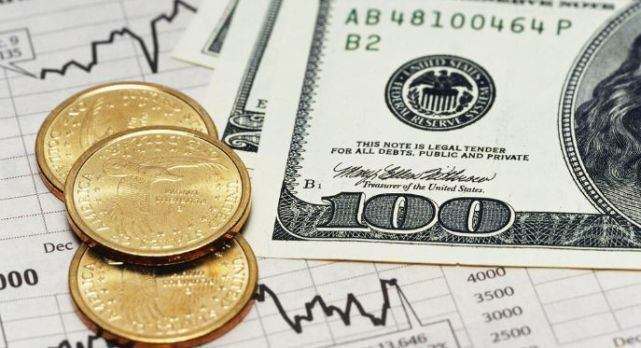深入探討:神秘的北韓貨幣
shrouded in secrecy, North Korea remains an enigma to the outside world. Its economy, largely isolated and shrouded in mystery, operates on principles vastly different from those of most global players. At the heart of this enigmatic system lies the **北韓貨幣**, officially known as the Korean People's Won (KPW). This essay delves into the intricacies of the **北韓貨幣**, exploring its history, its role in the North Korean economy, and the challenges it faces.
一、歷史沿革:見證風雨
The **北韓貨幣** has a history as turbulent as the nation itself. Introduced in 1947, it replaced the Korean yen used during the Japanese colonial period. The initial years saw relative stability, but the Korean War (1950-1953) brought about significant economic upheaval, leading to the first of several revaluations.
In 1959, the government revalued the **北韓貨幣** at a rate of 100:1, aiming to curb inflation and stabilize the economy. This marked the beginning of a pattern of periodic revaluations, often implemented with little to no warning, creating uncertainty and impacting the lives of ordinary citizens.
1.2009年貨幣改革:一場充滿爭議的變革
Perhaps the most significant and controversial revaluation occurred in 2009. The government, in a surprise move, redenominated the **北韓貨幣** at a rate of 100:1. While intended to curb inflation and curb the burgeoning black market, the move had unintended consequences.
The sudden announcement and the limited exchange period led to widespread panic and economic disruption. Savings were wiped out overnight, and many ordinary North Koreans saw their hard-earned wealth vanish. This event highlighted the vulnerability of the **北韓貨幣** and the precariousness of the North Korean economy.
二、價值之謎:官方匯率與市場現實

Understanding the true value of the **北韓貨幣** presents a significant challenge. The official exchange rate, set by the North Korean government, differs significantly from the market rate found in the informal markets that operate within the country.
The official rate, often pegged at an artificially high level, is rarely used in everyday transactions. Instead, a black market exchange rate, reflecting the actual supply and demand dynamics, prevails. This discrepancy highlights the disconnect between the official narrative and the economic realities on the ground.
2.1 外匯管制:封閉經濟的必然選擇
North Korea maintains strict controls on foreign currency, making it difficult for citizens to acquire and use foreign money. This isolationist policy, while aimed at protecting the domestic economy, further complicates the understanding of the **北韓貨幣**'s true value.
The limited access to foreign currency reinforces the reliance on the **北韓貨幣** within the country but also hinders economic interaction with the outside world. This isolation has contributed to the economic challenges faced by North Korea.
三、經濟支撐:貨幣政策與經濟現狀
The **北韓貨幣** plays a crucial role in supporting the North Korean economy, albeit one characterized by central planning and self-reliance. The government, through the central bank, controls the money supply and sets interest rates, aiming to manage inflation and stimulate economic growth.

However, the effectiveness of these policies is often hampered by external factors, such as international sanctions and natural disasters. The North Korean economy, already struggling with structural issues, faces significant challenges in maintaining stability and ensuring the well-being of its citizens.
3.1 未來展望:改革與開放的可能性
The future of the **北韓貨幣** remains uncertain, intricately linked to the political and economic trajectory of North Korea. Whether the government will undertake significant economic reforms, including potential currency reforms, remains to be seen.
Greater economic openness and integration with the global economy could bring about changes in the **北韓貨幣**'s role and value. However, such a shift would require significant political will and a commitment to reform, the likelihood of which remains a subject of much speculation.




